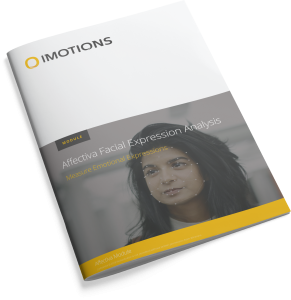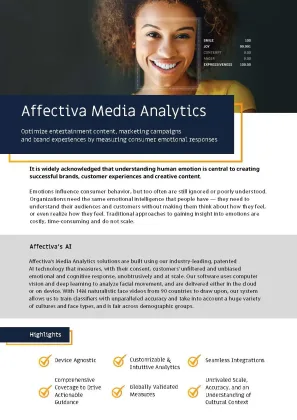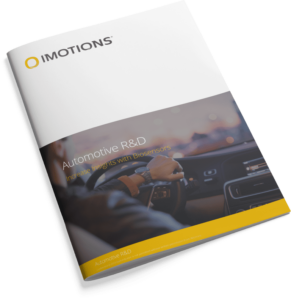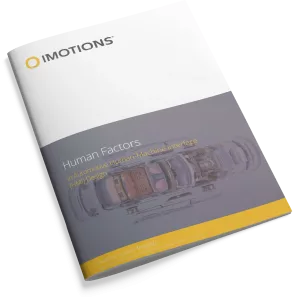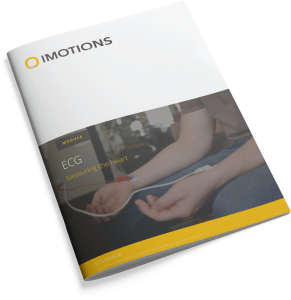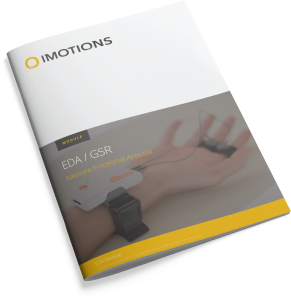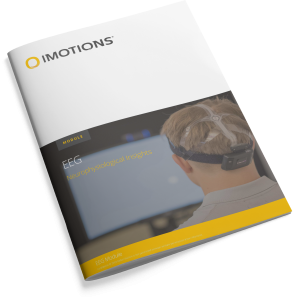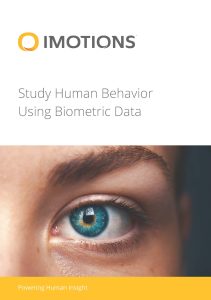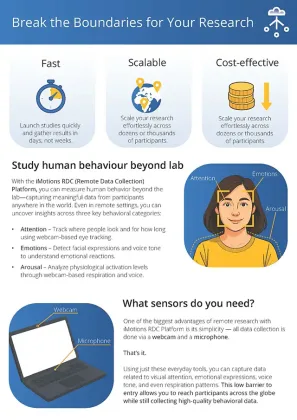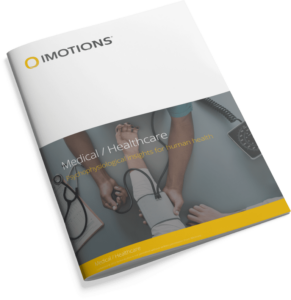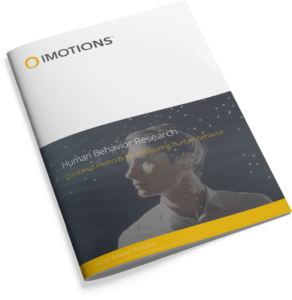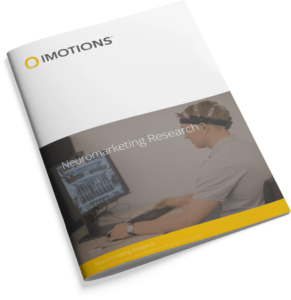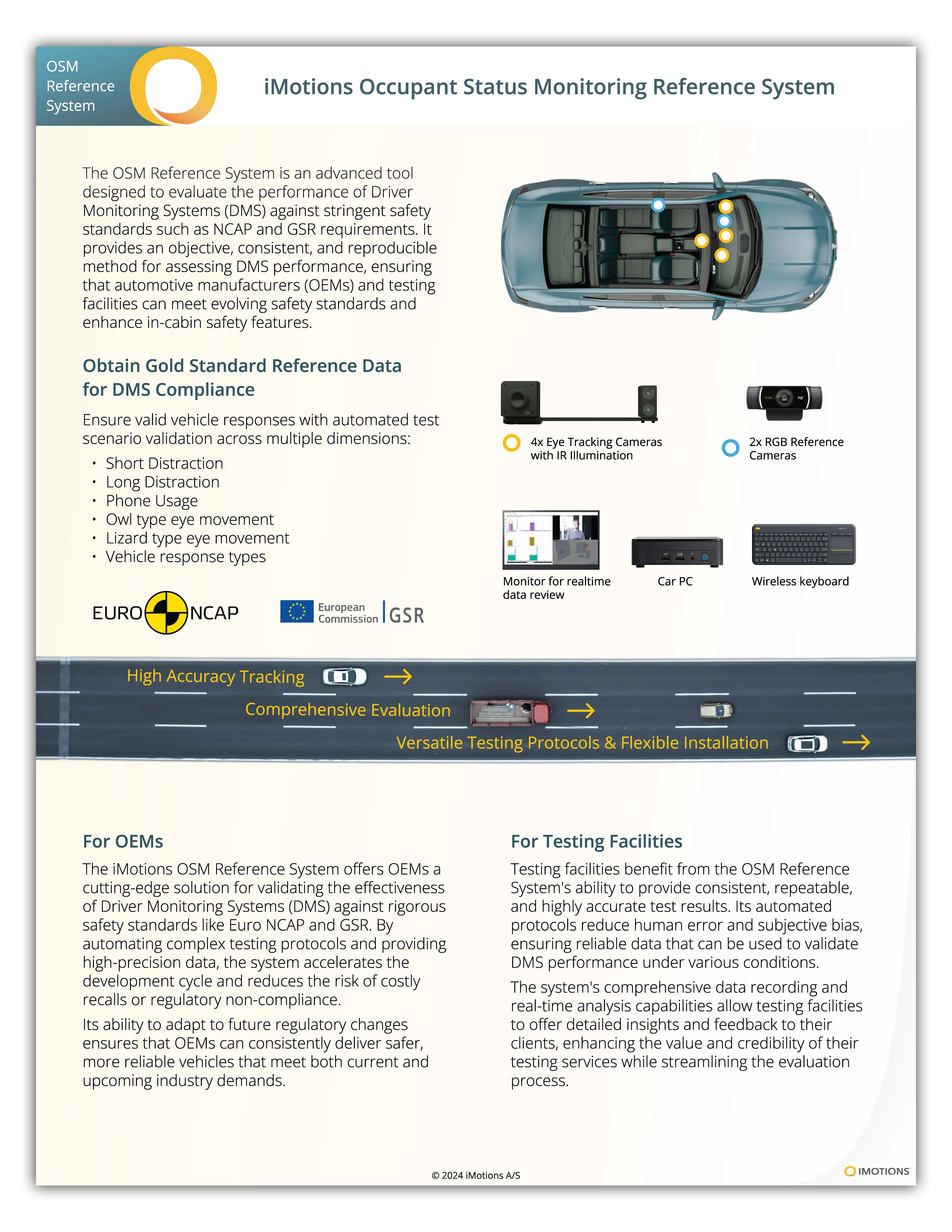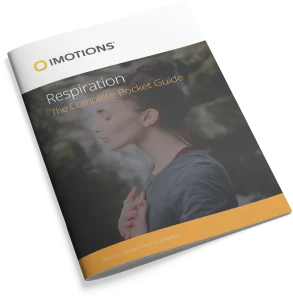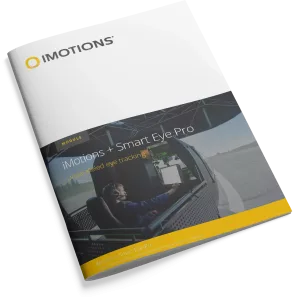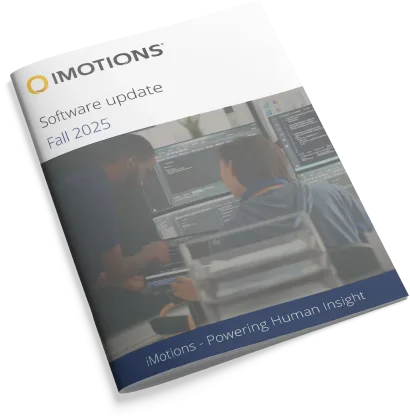Abstract: In light of the trend in integrating artificial intelligence and robotics into tourism and hospitality operations, it is important to understand consumer responses to hotel service robots. Two studies were conducted to achieve this objective: an online survey and a laboratory experiment using measurements of automatic emotional reactions via biosensors. Responses to two types of robots, NAO for check-in and Relay for room delivery, were tested. Study 1 demonstrates that consumer intention to adopt hotel service robots is influenced by human-robot interaction dimensions of anthropomorphism, perceived intelligence, and perceived security. Differences were found between NAO and Relay: NAO’s adoption depends on anthropomorphism and perceived security, while Relay’s on perceived intelligence and importance of service operation in hotel experiences. Study 2 revealed support for the importance of anthropomorphism and perceived security in NAO, as reflected in Galvanic Skin Response (GSR) peaks during sequences of interactions and fixation on NAO’s face. Support for perceived intelligence in Relay was also identified. Implications for the hospitality industry are provided.
Keywords:
- Service robot
- Human-robot interaction
- Godspeed scale
- Hotel management
- Emotional response
- Biometric research



